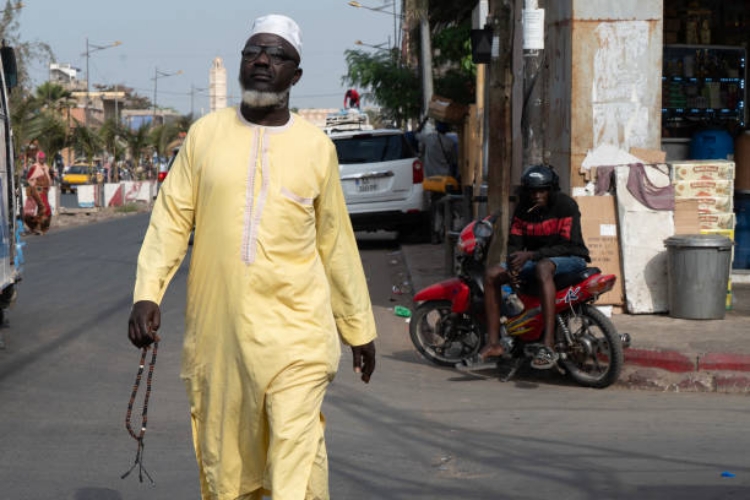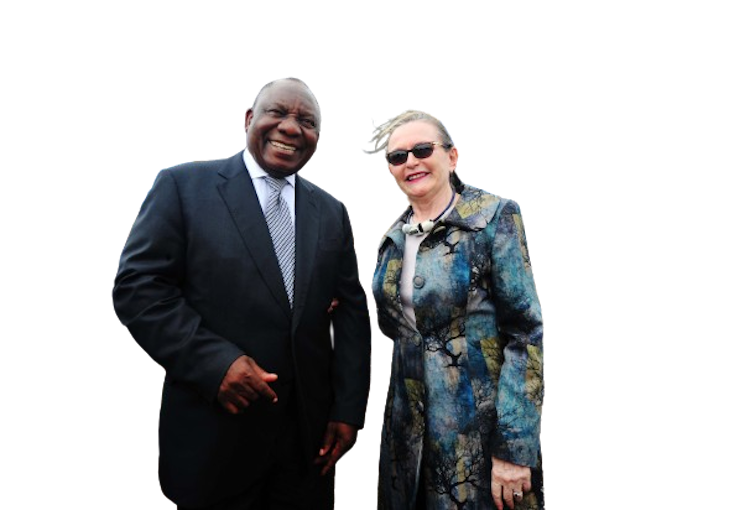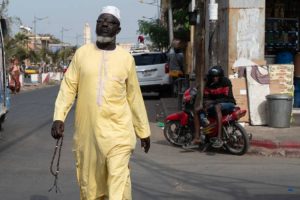Gambiaj.com – Following the recent general elections held in South Africa on May 29, 2024, the African National Congress (ANC) lost its parliamentary majority, signifying a decline in its once unshakable dominance. The Democratic Alliance (DA) saw a slight increase in its support, while the newly formed uMkhonto we Sizwe (MK), led by former president Jacob Zuma, made a surprising entrance as the third-largest party.
In response to these changes, the ANC, DA, Inkatha Freedom Party (IFP), and Patriotic Alliance (PA) have come together to form a national unity government, re-electing Cyril Ramaphosa as President. This coalition, however, is fraught with complexities, particularly due to the terms and conditions laid out by the DA.
Helen Zille, Chairperson of the Federal Council of the DA, has been vocal about the party’s conditions for joining the multiparty government. In her correspondence with Fikile Mbalula, Secretary-General of the ANC, Zille emphasized the DA’s commitment to fair power sharing, a principle that resonates with the electorate’s demand for change.
However, the specifics of the DA’s demands raise questions about the feasibility and sincerity of their commitment to unity.
The DA’s proposal includes holding significant cabinet positions such as Deputy President, Minister in the Presidency, and Deputy Minister of Finance. Additionally, the DA demands representation across all cabinet clusters, control over key ministries, and the selection of Directors General aligned with their policies. This comprehensive control would also extend to a review of all tenders issued in departments under DA ministers since the election.
These demands, while framed as steps toward ensuring fair power distribution, appear excessive and could complicate the formation of a stable government. The insistence on a “clearing house” to resolve policy differences adds another layer of bureaucracy that may hinder swift decision-making.
The backdrop to these demands is the Multi-Party Charter, a pre-election agreement among the DA, IFP, Freedom Front Plus (FF Plus), ActionSA, and other parties. This coalition aimed to present a united front against the ANC’s prolonged rule and the rising influence of parties like the Economic Freedom Fighters (EFF) and the MK Party. The DA’s current stance seems to reflect the collective aspirations of these groups, which have long struggled to diminish the ANC’s dominance.
While the ANC has yet to respond to the DA’s detailed proposal, the outlined conditions pose significant hurdles to forming a cohesive and functional government. The ANC, despite its reduced majority, still holds a substantial mandate from the electorate. The DA’s approach, if perceived as overreaching, could jeopardize the spirit of cooperation necessary for a successful coalition.
South Africa stands at a crossroads, with the electorate clearly signaling a desire for change and more inclusive governance. However, the path to achieving this requires genuine compromise and collaboration. The DA’s demands, in their current form, risk undermining these very principles. It is imperative for all parties involved to find a balance that honors the electorate’s wishes without tipping the scales of power too far in any one direction.
As discussions continue, the focus must remain on the broader goal of addressing critical issues such as job creation, poverty alleviation, and improving access to education and healthcare. The success of this coalition government hinges on its ability to navigate the complexities of power sharing while delivering tangible benefits to the South African people.
The excessive demands from the DA, if not moderated, could hinder these efforts and delay the much-needed progress the country yearns for.










